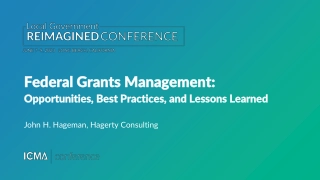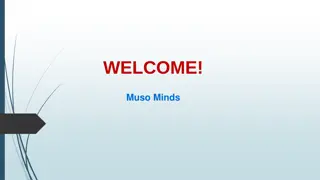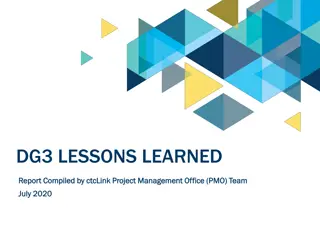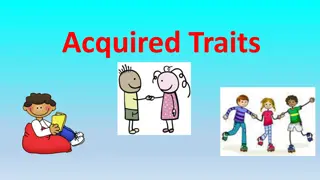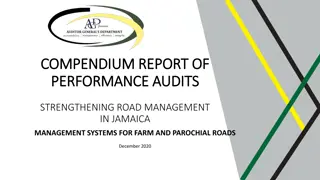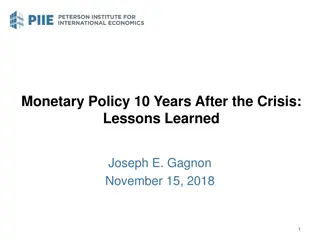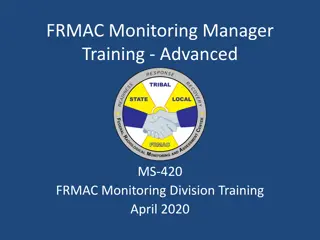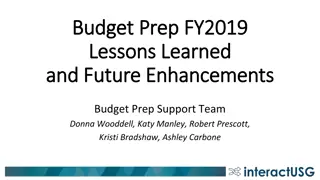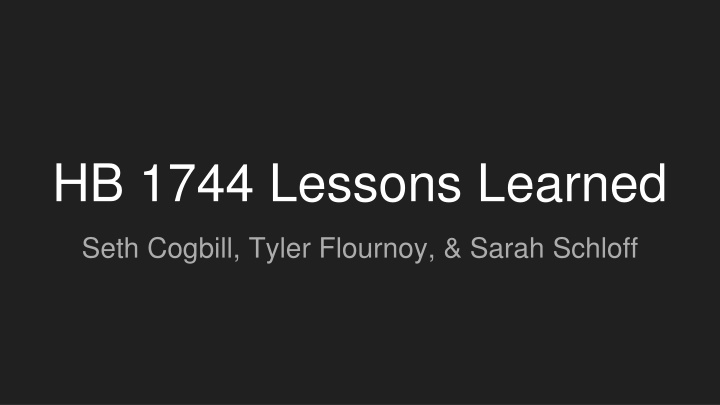
Lessons Learned from Advocating HB 1744: Insights and Future Advice
Advocating for HB 1744 shed light on challenges faced, including concerns from delegates and staff regarding bill reception and effective advocacy strategies. Future advice emphasizes understanding bill details and preparation for engaging with delegates.
Download Presentation

Please find below an Image/Link to download the presentation.
The content on the website is provided AS IS for your information and personal use only. It may not be sold, licensed, or shared on other websites without obtaining consent from the author. If you encounter any issues during the download, it is possible that the publisher has removed the file from their server.
You are allowed to download the files provided on this website for personal or commercial use, subject to the condition that they are used lawfully. All files are the property of their respective owners.
The content on the website is provided AS IS for your information and personal use only. It may not be sold, licensed, or shared on other websites without obtaining consent from the author.
E N D
Presentation Transcript
HB 1744 Lessons Learned Seth Cogbill, Tyler Flournoy, & Sarah Schloff
Bill Background HB 1744 The bill focuses on Animal care, zoos and petting zoos, as well as the seizure of animals. It raises reasonable cause to probable cause in the belief that animal cruelty laws are being violated for the purpose of obatining a search warrant. It also requires humane investigators to be residents for the commonwealth. Argument(s) for the bill: HB 1744 should be passed to take power away from groups like PETA and to give animal owners a fair chance to prove they are properly treating their animals. It also requires humane investigators to be residents for the commonwealth with the argument that humane investigators will be more knowledgeable and accountable in their assessments of animal keepers.
Lessons Learned Delegate Mugler In advocating for our bill, it became clear that there were delegates and staff aids that felt un- confident that the bill would receive a hearing. They claimed that the bill wouldn t make it through a hearing as the bill s sponsor was in the minority party and that it would be more beneficial if it was sponsored by the majority party or co-sponsored by both. Delegate Willett Another issue with our bill is that it targets groups that some some delegates work with and makes for contentious arguments over how much power they should have (PETA). Lastly, their are some arguments that our group never took into consideration that were brought up in our conversations with delegates. For example, Delegate Willett s staff member Colleen brought up a fair observation that the bill would help to protects minority groups from police complaints in the event that reasonable cause was the complaint.
Future Advice for Advocacy One piece of advice for future students would be to make sure to know everything about your bill and all the background knowledge surrounding it for context. The language in the bill acts as an amendment to current laws and those details are key points to understand about the bill. Amendment
Future Advice for ENACT Courses Future instructors could spend more time focusing on preparing students on how to meet with delegates. Instructors of a course similar to this could ask students to familiarize themselves with the potential bills prior to the class starting. Another thing the instructor of the course could do differently would be to test their students knowledge on the bill of their choice to ensure they were well versed on what they would be talking to delegates about.


